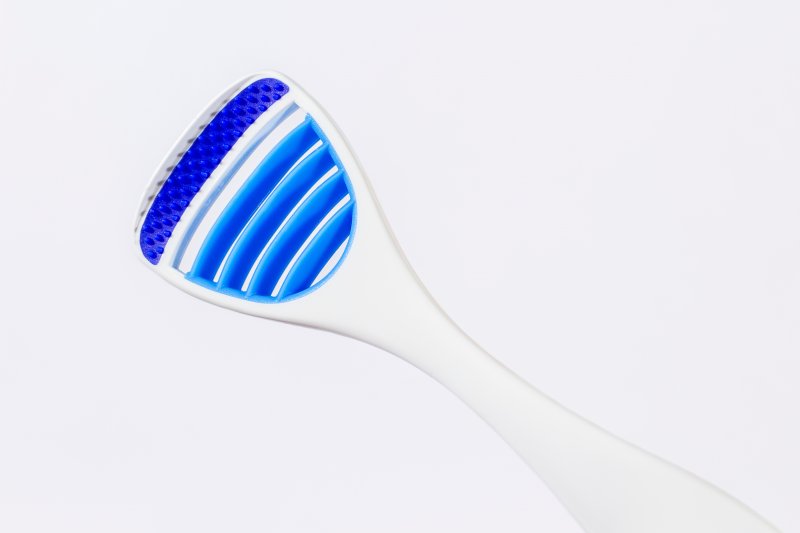
Do you remember to brush your teeth twice daily and floss once daily? If you do, that’s great to hear! However, you may be forgetting other essential habits in your dental care. In that case, you’re putting your teeth and gums at risk of tooth decay, cavities, gum disease, and worse. Therefore, knowing the ins and outs of effective mouth care is important. Luckily, your Fort Worth dentist can help you learn them. Here are four oral hygiene best practices that you should never skip.
Toothbrush Cleaning
It isn’t just your teeth you need to clean — you should also include your toothbrush! This dental instrument enters your mouth daily, so its brush head is often covered in bacteria, saliva, food debris, and blood. Even after rinsing it, it can still be contaminated with microorganisms.
You should always run hot water over the head of your toothbrush before and after brushing. This act eliminates gathered bacteria from between uses and new bacteria from your recent brushing. To be safer, you could also soak the brush in antibacterial mouthwash.
Toothbrush Replacement
However necessary they are, toothbrushes don’t last forever. Over time, their bristles become worn out, splayed, and damaged through constant use. When that happens, they aren’t as effective at removing plaque from your teeth, gum line, and hard-to-reach areas.
According to the American Dental Association (ADA), you should replace your toothbrush every 3-4 months. That way, you ensure your toothbrush bristles are strong enough to remove bacteria and other harmful debris. You should also replace your brush if you get sick to keep infectious material away from your mouth.
Tongue Scraping
As it turns out, you ought to scrape your tongue as part of your hygiene routine. Food particles can get trapped in your tongue’s crevices and attract harmful bacteria when you don’t. The result tends to be bad breath, tooth decay, and even gum disease.
Remember to scrape your tongue with your toothbrush as part of your morning and nightly cleanings. Alternatively, consider getting a toothbrush scraper from your local supermarket.
Using the Right Cleaning Tools
When it comes to teeth cleaning, you should remember the need for a good toothpaste. In particular, brands with high fluoride are better at protecting teeth from decay and cavities. Rinsing with fluoridated mouthwash is also something to try.
Depending on your situation, you could also use an electric toothbrush instead of a manual one. While the latter can clean teeth well enough, the former can be easier to handle and remove more plaque and bacteria.
By remembering the above oral health practices, your mouth will be in better shape than ever. If you have any questions or concerns about them, though, feel free to talk to your local dentist.
About the Author
Dr. Karen Littlefield Neil is a dentist based in Fort Worth, TX. She’s been serving dental patients for nearly thirty years, always making sure to stay updated on her field’s developments. As such, she offers excellent preventive, cosmetic, and restorative dentistry, not to mention emergency treatments. Whether you need a teeth cleaning, whitening, or even replacement, she’ll do the job well! Dr. Neil currently practices at her self-titled clinic and can be reached at her website or by phone at (817)-738-3368.
